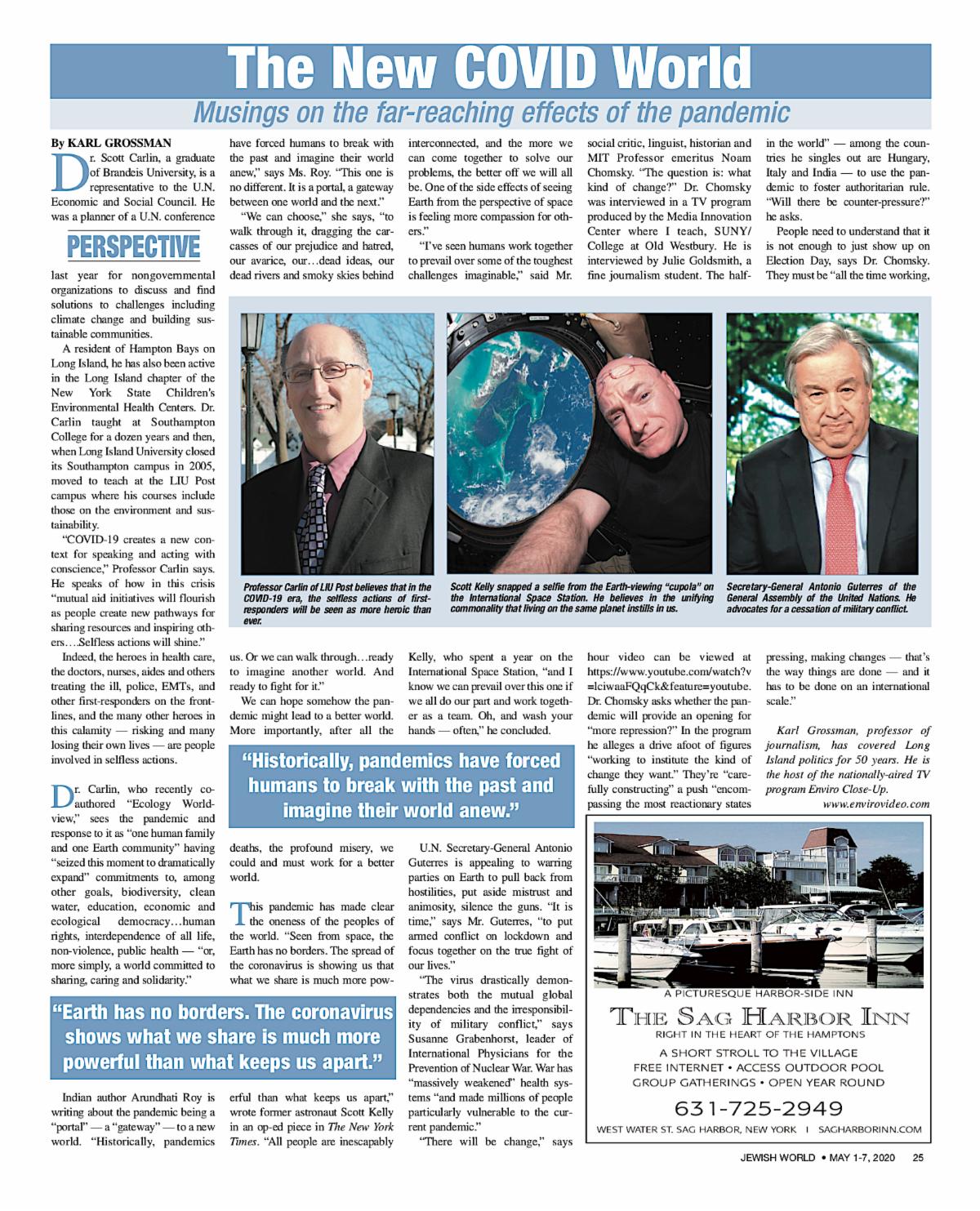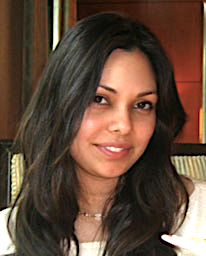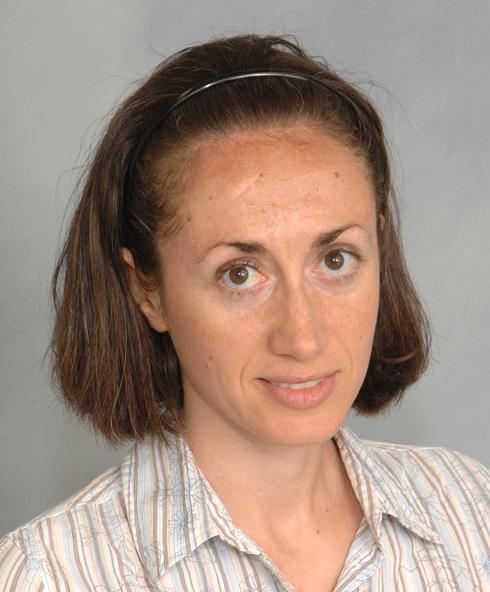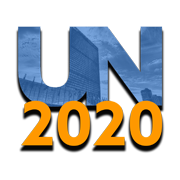Celebrating 28 Years of Connecting NGOs Associated w/UN DGC *
|
SPECIAL PRE-ELECTION ISSUE
|

Karl Grossman is a professor of journalism at the State University of New York/College at Old Westbury and also host of the TV program "Enviro Close-Up with Karl Grossman" (www.envirovideo.com). Article is reprinted with permission from the author.
|
The Reckoning: Changing the Model of Education
In the United States
Barring the advent of a miraculous drug, procedure or vaccine anytime soon, schools in the United States, particularly those in urban areas, will not return to any recognizable form in the foreseeable future. This is a sad and uncomfortable fact but the sooner we register this, the better we can address how to ameliorate a difficult situation for everyone involved: working parents, students, teachers, and communities--and particularly the economy.
From an economic perspective, we have good reason to focus on channeling resources into education. Education has consistently been shown to affect
economic growth
, and the
quality
of education matters in this relationship. Both employed and unemployed parents currently face constraints. Only
37 percent
of U.S. jobs can currently plausibly be performed at home, and while parents with these jobs may be fortunate, they are not performing them efficiently with the issues surrounding the lack of childcare. Unemployed and low-income parents face financial and digital constraints to remote learning, the so-called
digital divide
. Education is a key determinant for GDP and employment, but also for
health outcomes
, which in turn affects economic growth.
Intimately linking school schedules to the ability for parents to work has always been an incredibly flawed model; one only has to witness the
difficulties
many working parents face during summer months when schools are not in session.
The first order of business may be for schools to aggressively adopt sound remote teaching strategies
.
This crisis has highlighted just how fragile the support network is for teachers to receive adequate underpinning and resources. Teachers must be trained and given tools to succeed in the virtual environments that will very likely function as their pro termclassrooms. Curriculum, learning progressions, and grading practices will have to be profoundly revised. Our
nation's
emphasis
on high-stakes testing may have to be finally eliminated. Students and families will need to be given the technology and support to participate.

With sound remote learning policies and procedures in place, it is important to not overlook adaptive ways to incorporate in-person learning into the repertoire of strategies. Some
countries
have been playing around with the idea of using a staggered school schedule where a certain percentage of each school meets on certain days so that social distancing can be utilized. Other, more bold ideas are to trial the concept of smaller, community-based schooling, where small student groups are assigned to dedicated community pods. These community pods can work together to provide schooling and other resources to their members and can use the concept of more individualized,
play-based
curriculum that focuses less on standardization and pricey resources.
During this unusual time in history, it is salient to invest in resources for the present and near future. We will have to discard our traditional notions of schooling, work life balance, and community structures, and start from scratch in some ways. The silver lining is that our institutions of education, of work schedules, and support for parents have long been in need of innovation; this is may be the critical juncture for us initiate a grand rethinking and to see the possibilities in the disruption.
By

Mubina K. Schroeder, Ph.D.
is an associate professor at Molloy College in New York. She co-directs the Cognition and Learning Lab at Molloy College and serves on the Executive Board of the Global NGO Committee of the United Nations.
Inas R. Kelly is an associate professor of economics at Loyola

Marymount
University and a research associate in the Health Economics program at the National Bureau of Economic Research. She earned her
Ph.D. in economics in 2004 with specializations in health economics, labor economics, and public policy and has published extensively in these areas.
|
|
SDG IMPACT AWARDS
Submit your innovative solutions
|
|
Clickable links, here:
Sent with support from the Global NGO Executive Committee (
GNEC
)
|
UN75 - A Global (ONLINE!) Conversation
|
|
The UN is marking its 75th anniversary at a time of great disruption for the world, compounded by an unprecedented global health crisis with severe economic and social impacts. Will we emerge stronger and better equipped to work together? Or will distrust and isolation grow further? 2020 must be a year of dialogue, when we come together to discuss our priorities as a human family, and how we can build a better future for all.
Covid-19 is a stark reminder of the need for cooperation across borders, sectors and generations. Our response will determine how fast the world recovers, whether we achieve the Sustainable Development Goals, and how well we handle pressing challenges: from the climate crisis to pandemics, inequalities, new forms of violence, and rapid changes in technology and in our population.
But just when we need collective action more than ever, support for global cooperation has been flagging. In many countries, public trust in traditional institutions is in decline and relations between countries have been under strain. Will this pandemic bring the world closer together? Or will it lead to greater mistrust? Global dialogue - and action - is now more urgent than ever.
In January 2020, we launched our global dialogue initiative, and discussions have taken place in all settings, from classrooms to boardrooms, across the world. In order to reach as many people as possible, we have built partnerships with youth, civil society, business and media organisations, and created a
one-minute survey that is quick and easy to complete.
We have always placed strong emphasis on online engagement, through virtual dialogues and social media, and are now increasing these efforts in light of Covid-19. We are also working with our partners to take planned events into the digital space, and find innovative ways to engage audiences in line with WHO guidelines and local health regulations.
It is vital that your voice is heard at this crucial time for the world. Your views, concerns and ideas will be presented to world leaders and senior UN officials at the official commemoration of the 75th Anniversary by the UN General Assembly in September 2020. After September, groups around the world will discuss how best to take forward the priorities and proposals generated.
Each conversation is an opportunity to encourage individuals to take actions in their own lives in line with what they have heard and learned. They can yield insights and evidence that national and international organisations can apply. Findings may inspire new programmes, investments, partnerships and campaigns, among other options. A global platform to illustrate key outcomes of discussions is being developed by the UN75 team.
- Take our one-minute survey and share it widely: www.un75.online
- Check out the UN75 toolkit with guidelines on how to join, and inspire conversations and amplify voices through channels and communities for people to talk and be heard.We will be adding more information on online dialogues in the coming days
- Follow @JoinUN75 and #UN75 on social media (Twitter, Facebook, Instagram) and add your voice to the testimonials from people who have already taken part
|
|
One Thing All Successful Countries Fighting
the CoronaVirus Share: Women Leaders
|
|
"Rise for All"
is a new initiative that brings together women leaders to mobilize support for the UN Recovery Trust Fund and the UN roadmap for social and economic recovery, as laid out in the new United Nations Framework for the immediate socio-economic response to COVID-19.
|
|
| Women Leaders Rise For All to Save Lives and Protect Livelihoods |
|
|
And remember ...
We Are All In This Together
|
|
| Human Rights and COVID-19 |
|
|
UN2020 - Civil Society Responds to the UNs Anniversary
|

The UN2020 initiative is dedicated to using the
75th anniversary of the United Nations in 2020 as an opportunity to take stock and strengthen the UN system in partnership with civil society, governments, and the UN supporting people-centered multilateralism.
Strengthening the UN system means improving multilateral relations and structures for global problem-solving.
To this end: we involve the progressive voice of civil society in the conversation about the UN we need to meet the challenges of the 21st century.
Why #MultilateralismMatters
At a time when nationalism is on the rise and multilateralism is being called into question by powerful governments, we are faced with an increasing number of global threats that require greater international cooperation across borders, sectors and generations.
What will the future look like if the major trends of climate change, military conflict, and inequality are left unchecked in the absence of global cooperation?
Renewing multilateralism: we need bold collective action more than ever.
Participate in the ongoing discussion!UN2020 initiatives
UN initiatives
Together First
Learn more about the UN2020 Initiative and the broader environment through exploring the following links:
|
THE GLOBAL NGO EXECUTIVE COMMITTEE
|
Publishers of the
NGO Reporter, the recently renamed Global
NGO Executive Committee was founded in 1962 to create a link between the United Nations and the Non-Governmental Organizations associated with the United Nations Department of Global Communications UNDGC (formerly: Public Information). It is composed of eighteen Directors and encourages and assists NGOs, as members of civil society, to communicate their interests throughout the United Nations system and to support United Nations' goals and objectives. In partnership with the United Nations Department of Global Communication, the Global NGO Executive Committee co-
produces annual
conferences for the 1500+
accredited DGC/NGOs around the world
.
|
The
new
Executive Committee is happy to represent your interests at the UN, every day. In order to better serve you, we ask you to tell us more about your work and mission, so we may better represent your interests here at UN Headquarters.
- We'd like to make sure we have your current leadership names and emails, phone numbers, addresses, and website, so we may better reach you with news you need.
- There are over 1500 NGOs associated with UNDGC. Did you vote for us, as your representatives for 2019-21? Why or Why Not?
- How much do you know about the executive committee and how we may serve you? What suggestions might you have for us?
- We'd love to know more about your NGO and leadership. What are your main goals, opportunities, and challenges? How can we help you improve your voice at UNHQ in New York? Essentially, how may we better serve you?
Please reply by
email to this publication whenever you can. Please also reach out with short articles or mini-videos that elaborate on your current and future efforts. By printing more about our constituents, it helps stir the discussions toward the success of the Sustainable Development Goals and the better world we all seek!
|
GET INVOLVED IN PRODUCING THE NEW
NGO REPORTER
|
The
NGO Reporter
is now an official Sub Committee of the Executive Committee! For the first time ever, the Executive Committee would like us to develop the
NGO Reporter
to ensure constituent involvement on all levels.
Be a part of the conversation - we want to hear your voice on our NGO Reporter subcommittee and in our magazine! We are seeking YOUR INVOLVEMENT to upgrade and expand our team at the NGO Reporter:
1)
NGOs associated with UN DGC are invited to write articles about their current and upcoming UN related work and special events, to be shared with our thousands of constituents and readers;
2)
All badge holders related to UNDGC associated NGOs can join our subcommittee: help us better inform
your
constituency on relevant topics, related to civil society acting upon the SDGs and other UN goals and objectives;
3)
Translators are sought who will join us in bringing the UNs five major languages to all our readership;
4)
Online-savvy volunteers are sought to work with the editor and
NGO Reporter
sub-committee to get the magazine out six times yearly, work with its online presence, expand it to include more video and relationship to Twitter, WhatsApp, and other online platforms, as well as to expand its reach and increase the value and recognition of civil society at the UN throughout the world; and
5)
Fund development volunteers could join us (or the Development Subcommittee) to help expand our reach by supporting the cost for our platform, some paper copies to hand out at briefings, and special live-events, support the work of
NGO Reporter
journalists across the globe, and expand and improve any video reporting to be included in the
NGO Reporter
going forward, among other new initiatives.
Do you have other ideas on ways you could assist us or we may be more useful to you?
Are you ready to help us re-create the NGO Reporter into a new voice for civil society at the United Nations?
We look forward to hearing from you:
Join our local subcommittee, live or via zoom;
Write for us;
Help us edit, layout, and expand our reach!
We look forward to your interest,
Patrick Sciarratta
Chair,
NGO Reporter
Subcommittee
|
|
USEFUL WEBSITE REFERENCES
|
The Global NGO Executive Committee of Non-Governmental Organizations Associated
with the United Nations Department of Public Information
MAILING ADDRESS:
Global NGO Executive Committee
c/o Fannie Munlin
NCNW * Lower Level
777 United Nations Plaza
New York, NY 10017
Visit Global NGO Executive Committee
Here
|
|
|
|
EDITORIAL BOARD
NGO Reporter
Editor
Patrick L. Sciarratta
World Development Foundation
Members
President, Global NGO Executive Committee
Fannie Munlin
National Council of
Negro Women
NGO Reporter Site Technician
and
GNEC Web Master
Annie Deng
Editorial Assistants
Cristina Fan
Michelle Leon
COMMENTS AND SUGGESTIONS
NGO/DPI EXECUTIVE COMMITTEE 2019-20
OFFICERS
President
Fannie Munlin
National Council of
Negro Women
1st Vice-President
Dr. Padmini Murthy
Medical Women's International Association
2nd Vice-President
Scott Carlin
Long Island University
Treasurer
Kevin Merges
Rutgers Preparatory School
BOARD MEMBERS
Debra T. Boudreaux
Buddhist Tzu Chi Foundation
Barbara Burns
International Public Relations Association
Dr. Rose Cardarelli
Kappa Delta Pi
Nadine Clopton
Caring and Living as Neighbors
Annie Deng
The City College
of New York
Carl Murrell
Baha'i International
Dr. C'fine Ezeanochie Okorochukwu
Center for Public Health
Uwem Robert OTU
African Youth Movement
Dr. Mubina Schroeder
Kappa Delta Pi
Patrick L. Sciarratta
World Development Foundation
Dr. Holly Shaw
International Council
of Nurses
2020
Ebunola Shoda
African Youth Movement, Nigeria
Dr. Graciela Yanovsky
FANCV, Fundación Argentina a las Naciones, Argentina
DEPARTMENT OF GLOBAL COMMUNICATIONS *
Hawa Diallo
UN DGC NGO Relations
Public Information Officer
Felipe Quiepo
UN DGC NGO Relations
Public Information Officer
---------------------------------
Bruce Knotts
Unitarian Universalist
UN Office
Ex-Officio, Past Chair
Cyril Ritchie &
Soon-Young Yoon
Ex-Officio, CONGO
Aaron Etra
UNA-USA
---------------------------------
NGO REPORTER
ARTICLE GUIDELINES
WE REQUEST THAT YOU SUBMIT YOUR UN/NGO RELATED ARTICLES FOR CONSIDERATION.
Please refer to the article submission guidelines for the
NGO Reporter, online here:
|
* UN Department of Global Communications (UNDGC, previously
UNDPI).
|
|
Richard Yep
New Logo Design
Exhaustive
investigations
demonstrate that an NGO Reporter
, under former Editor Dorrie Weiss, was in its fifth year in 1997. That makes 2019 its 27th consecutive year of publication.
Prior to her passing, Ms. Weiss mentored Patrick, and later Dr. Lester Wilson, who became its co-editors for over a decade, assisted in large measure by Joan Levy and Isaac Humphries, for which the editor remains eternally grateful.
|
|
 |
|